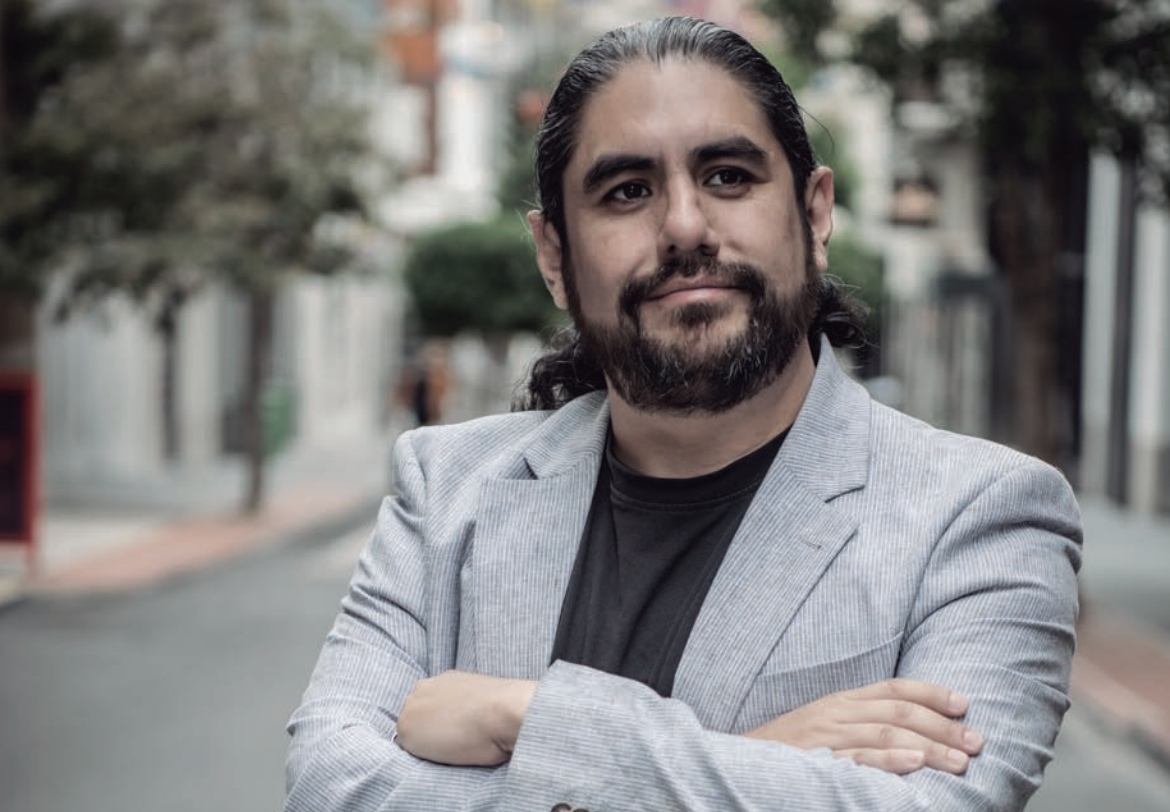Chile Holds Pivotal Presidential and Congressional Elections on November 16, 2025

Chileans headed to the polls on November 16, 2025, for crucial presidential and congressional elections, marking a significant moment for the nation's political landscape. The high-stakes vote, which includes the election of a new president and members of both the Chamber of Deputies and the Senate, has drawn attention from prominent regional figures, including tech entrepreneur Christian Van Der Henst.
Christian Van Der Henst, co-founder of the influential Latin American online education platform Platzi and a notable angel investor, underscored the importance of the democratic exercise. In a social media post, he stated, > "Importante elección hoy en Chile 🇨🇱 Fuerza weones!" His commentary highlights the regional interest in Chile's political direction, given his deep involvement in Latin America's tech and entrepreneurial ecosystem.
These elections are particularly significant as voting has been reinstated as compulsory, likely leading to higher voter participation compared to previous cycles. The presidential race, which prohibits incumbent Gabriel Boric from seeking re-election, is anticipated to be closely contested, with a high probability of a runoff election scheduled for December 14, 2025, if no candidate secures an absolute majority in the first round.
The campaign has been dominated by critical issues such as public security, crime, immigration, and the economy, reflecting the primary concerns of Chilean citizens. Leading candidates, including Jeannette Jara from the Communist Party and far-right contender Jose Antonio Kast, represent a politically polarized environment, with recent polls indicating a tight contest. Evelyn Matthei also stands as a significant figure representing the center-right.
The outcome of these elections will not only determine Chile's domestic policies but also has broader implications for Latin America and international relations. As a major global supplier of critical raw materials like lithium and copper, Chile's political stability and economic direction are closely watched by international partners, including the European Union. The new government will face the challenge of addressing social demands while navigating economic growth and international trade agreements.